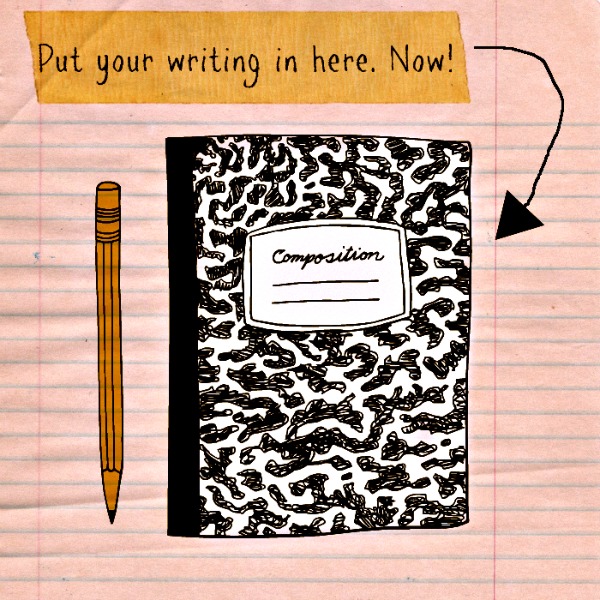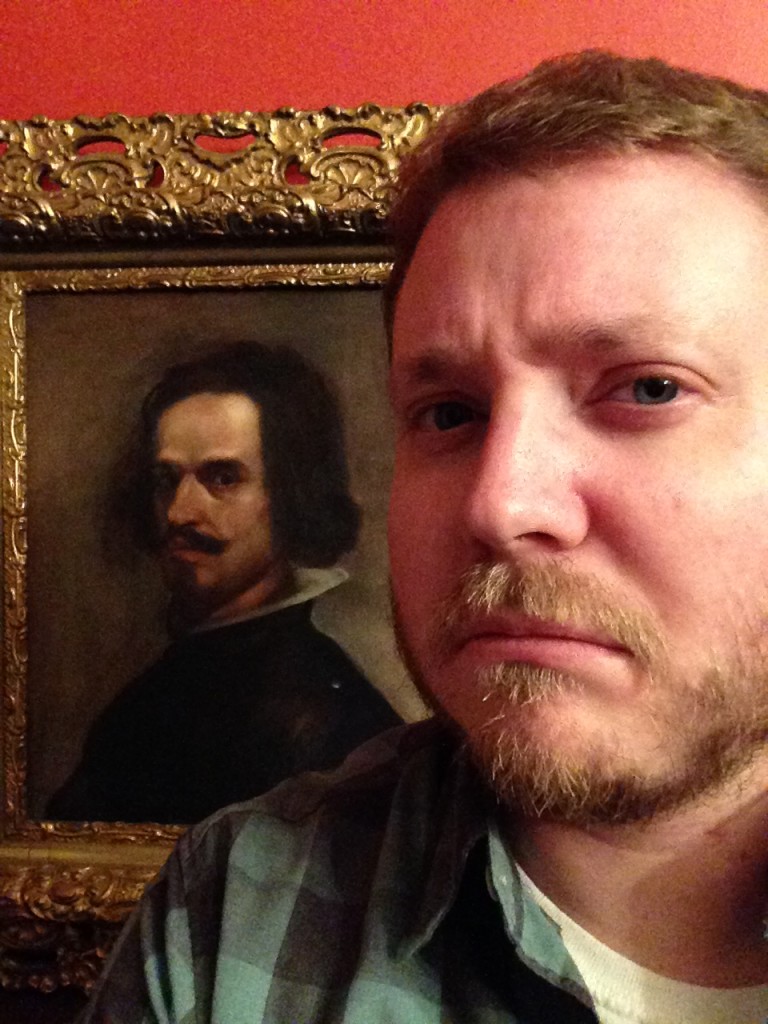Overcoming Your Internal Critic
 I’ve been thinking a lot about writing and wondering whether I have anything worthwhile to say about it.
I’ve been thinking a lot about writing and wondering whether I have anything worthwhile to say about it.
There’s always that same element of self-doubt when you’re about to embark on any writing project: “Is this going to be good enough? Am I going to be good enough?” You can read what others have written and try to do as they do. You can call on someone for advice or a helpful push in the right direction. In the end, as with few other things in life, it comes down to you and you alone.
“Writing, at its best, is a lonely life.” That’s from Ernest Hemingway, and he would certainly know. I couldn’t come up with anything nearly as good to say about writing; the best I could manage was a phrase that seems lifted out of a comic book speech bubble.
“Writing is the ultimate challenge.”
It really is.
No other pursuit faces such a daunting task with such a limited number of tools – to transcribe your limitless imagination and your innermost feelings onto a blank page, using only the words you know. The writer faces an eternal battle, with you on one side and a featureless void on the other. Everyone who views your work is a judge and every judge has his own set of criteria for whether it’s good or bad.
In a Rod Serling-like twist, your most vicious and inimical judge is always yourself.
I don’t write with publication in mind; I’ve never submitted my work to magazines; my “circulation” is usually my family and a few friends. Yet I’ve lost count of the stories I’ve abandoned because that internal critic was whispering in my ear, telling me that I just didn’t have it, that it wasn’t good enough, that I just needed to scrap it all. At those times, the ultimate challenge of writing becomes an ultimate defeat.
But by the same token… is there anything more satisfying than writing something that you like? Even if you finish it, file it away, and never share it with another living soul, you’ve joined the ranks of the storytellers. You can rub elbows (in spirit) with the authors of the Viking sagas, with the traveling bards, and with whoever that guy was that wrote Beowulf.
So maybe that’s my piece of writing advice (and I don’t feel bad giving it because I still make the same mistake myself): don’t hesitate. Just tell your stories, because every piece you complete is a victory over the void. That story didn’t exist until you wrote it. The only obstacle was the thought that you couldn’t tell it. You’ve scribbled, or typed, a whole little world into existence.
It’s the ultimate challenge, the ultimate test of our own resources.
We let the blank page win far too often.
***
 From an undisclosed location in southeastern Pennsylvania, Dirk Linthicum spends as much of his free time as possible laboring away on short stories, plays, scripts, and a seldom-updated, viciously contrarian movie and television blog at ltgsabm.wordpress.com.
From an undisclosed location in southeastern Pennsylvania, Dirk Linthicum spends as much of his free time as possible laboring away on short stories, plays, scripts, and a seldom-updated, viciously contrarian movie and television blog at ltgsabm.wordpress.com.
